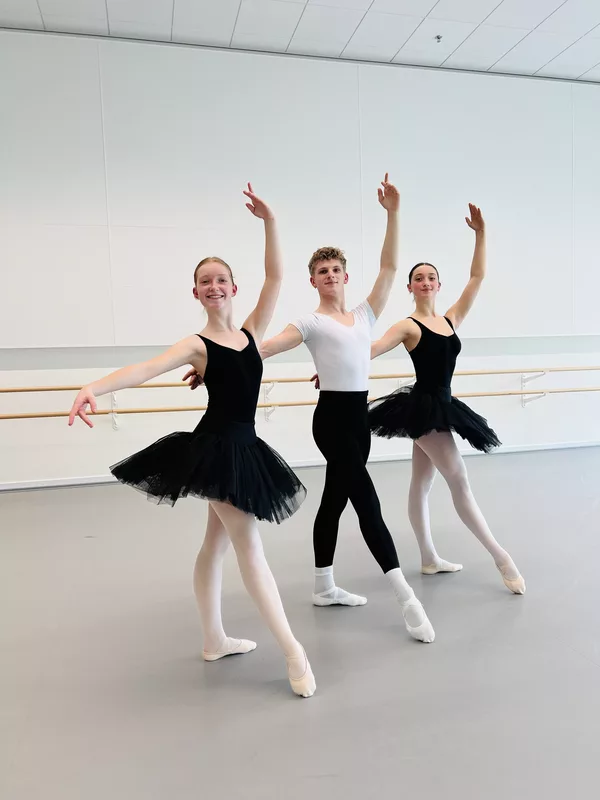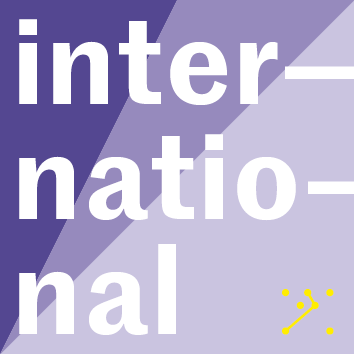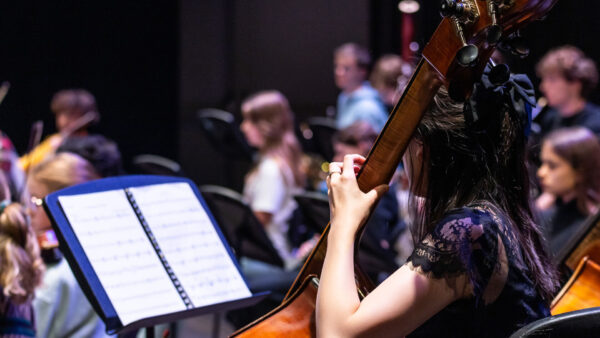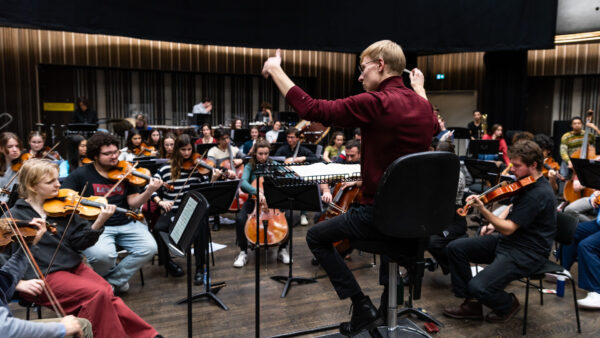Practical Exam (audition)
For the first round of the audition (pre-selection) we ask you to send in recordings of the pieces as mentioned below. You can record the different pieces in separate takes.
If you are invited for the second round, you can prepare the same pieces. Please bring a program with you, so the jury knows what you have prepared. The audition will take 20-25 minutes, including the Master Project Plan interview.
-Two pieces or movements with piano accompaniment. For instance:
- E. Ewazen - Ballade
- F. Hidas - Rapsodia
- A. Lebedev - Concert Allegro
- D. Gillingham - Sonata (first movement)
- D. Schnyder (first movement)
- Wilder - Sonata (first movement)
- D. Bourgeois - Concerto (first movement)
- T.R. George - Concerto (first movement)
- J. Kazik - Concerto in five movements (first movement)
- D. Schnyder - Sub Zero (first movement)
Works of comparable or higher level are also acceptable.
You might also be asked to participate in a short sight reading test.
The evaluation of the practical part of the entrance exam will be weighed by the following factors:
- musical expression
- technical realisation
- potential
- previous musical education
The combination of these factors is also of essential importance. By and large, candidates should no longer suffer from any instrumental or technical impediments.
Master Project Plan
Before you start the master you must hand in a Master Project Plan. In your Master Project Plan you present your plans for the design of your master's programme and your Master Project in which your artistic development, research and entrepreneurship play an important role.
See the Master Project Plan Guidelines document at the end of the page.






